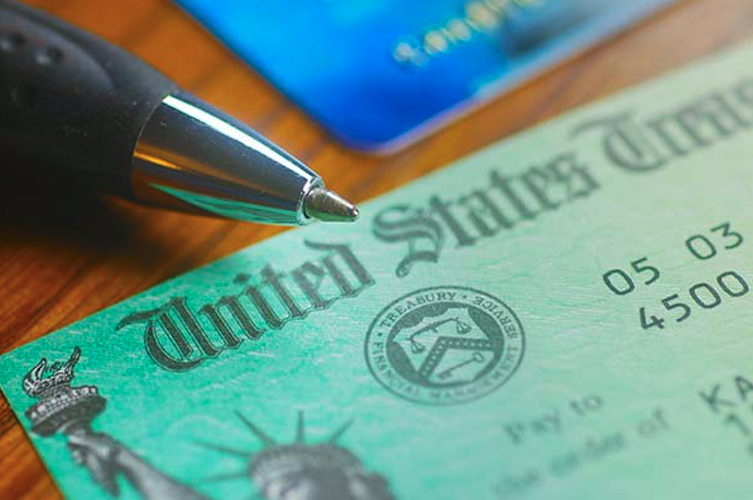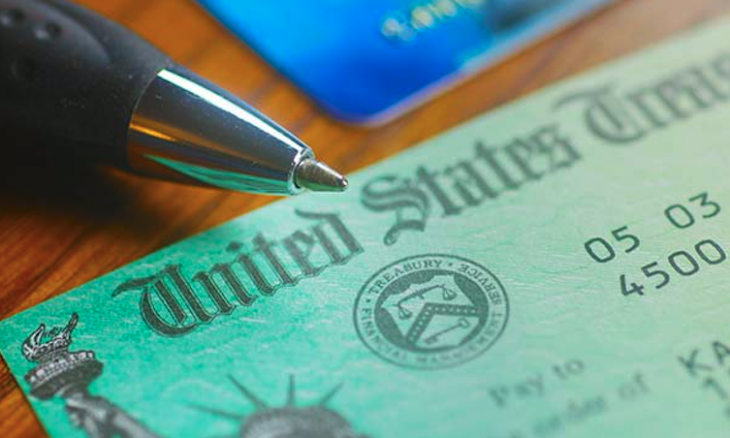Is the Government Helping the National Economy?

The government leaders of most nations endeavor to make decisions and take action to achieve economic goals for growth, employment, and price stability.
Through monetary policy, the government exerts its power to regulate the money supply and level of interest rates. In the U.S., that is done through the Federal Reserve System. Fiscal policy, on the other hand, is the government’s power to tax and spend, and that belongs to Congress.
According to a report from the Department of the Treasury in May 2022, “The U.S. economic recovery from the COVID-19 pandemic has been remarkably fast, with the unemployment rate now near 50-year lows and real gross domestic product growth of 5.7 percent in 2021.“
At the same time, inflation is at a 40-year high. The annual rate of inflation for the U.S. stood at 8.5 percent for the 12 months that ended July 2022, after rising to a 9.1 percent high the month before. The next inflation update is scheduled to be released on September 13 and will cover the rate of inflation over the 12 months that end August 2022.
In March 2021, Congress passed the American Rescue Plan, a $1.9 trillion package intended to facilitate the nation’s recovery from the devastating economic and health effects of the coronavirus pandemic. It is part of President Biden’s Build Back Better plan, which also includes the American Jobs Plan and American Families Plan. According to the Department of Labor, the legislation was to improve the unemployment insurance system, protect workers from COVID, and assist with health insurance premiums.
In November 2021, President Biden signed a bipartisan $1 trillion infrastructure bill into law, allotting billions to states and local governments to upgrade outdated roads, bridges, transit systems, airport terminals, and more. At the bill’s signing, the president said, “So my message to the American people is this: America is moving again, and your life is going to change for the better.” Six months later, the president announced that 4,300 projects were already underway with more than $100 billion in funding announced.
In August 2022, the president signed a heavily-negotiated and partisan-supported Inflation Reduction Act. Some have said this legislation is misnamed because it is actually a Green New Deal bill that focuses on decreasing global temperatures. The package includes $386 billion of climate and energy spending and tax breaks, promoting clean energy generation, electrification, green technology retrofits for homes and buildings, greater use of clean fuels, environmental conservation, and wider adoption of electric vehicles, among other purposes. The legislation also increases healthcare spending by nearly $100 billion.
The White House has stated that the Inflation Reduction Act addresses inflation in two ways: by lowering energy and healthcare costs for families and by helping to bring down the deficit. Members of Congress have pointed out that it is not their job to stop inflation—that responsibility belongs to the Federal Reserve.
The Federal Reserve is seeking to control inflation and avoid a recession with its monetary policy. Its goal is to slow economic growth to an inflation rate of around 2 percent, and it is endeavoring to do that by tightening the money supply through increases in borrowing rates. A greater challenge for the Fed, according to former Chairman Ben Bernanke, is managing public expectations. Once people anticipate future price increases, they create a self-fulfilling prophecy. They plan for future price increases by buying more now, driving up inflation even more by demand exceeding supply.
So whether the government is helping or harming the economy remains to be seen. Certainly, federal spending is up, and taxation will soon be up as well. Will the programs actually reduce the deficit? It remains uncertain. An analysis by the Brookings Institute says, “In short, the IRA ]Inflation Reduction Act] does not accomplish all the expectations of the policy and advocacy people that have passed it, and more is needed.“
The Bible encourages each person to be responsible and self-reliant when it comes to their finances and their communities. Deuteronomy 8:18 says, “You shall remember the Lord your God, for it is he who gives you power to get wealth, that he may confirm his covenant that he swore to your fathers, as it is this day.”
How then should we pray?
- That God would lead you in being a good steward of all that He has given you.
- With thanksgiving for the blessings and provision you have received from the Lord.
- For discernment from the Lord to understand where those who are seeking political office stand when it comes to taxation and spending policies.
- For wisdom members of the Federal Reserve as they seek to reduce inflation.
- That members of Congress would seek God’s direction as they determine federal fiscal policy.





